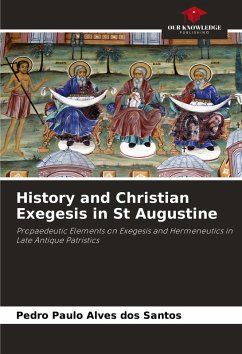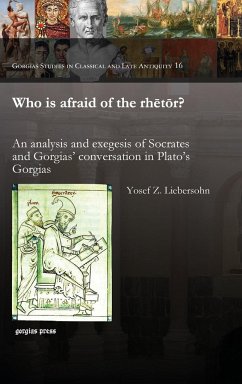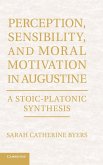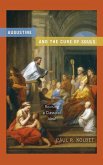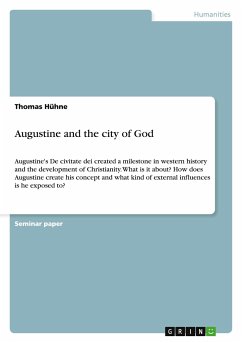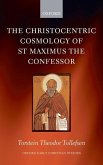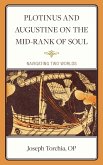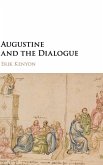'History and Christian Exegesis in St Augustine'. This academic essay is part of our research into 'History and Christian Exegetical Interpretation' since 1997, when I completed my doctorate in Biblical Theology at the Gregorian University in Rome. Since then, we have been interested in the intertwining of exegesis, as a rational exercise in interpreting biblical texts, and the history of Christianity. For texts cannot be read and interpreted in a vacuum. The Christian authors of late antiquity and proto-medieval times, such as Augustine, read and proposed meanings to the biblical texts in the weaving of Roman society in view of the insertion of the nascent Christian community. This presupposes the use of methodological tools, culture, rhetoric and the elements that would allow Christianity to dialogue with its time and context. How did Saint Augustine read and explain the Sacred Letters from the literal to the full sense? With what elements can we situate his work? On the one hand, as the end of a period of elaboration of the ancient tradition and, on the other, as the forerunner of a period that will have St Thomas Aquinas as a milestone in establishing the relationship between faith and reason within Christian theology.
Bitte wählen Sie Ihr Anliegen aus.
Rechnungen
Retourenschein anfordern
Bestellstatus
Storno

